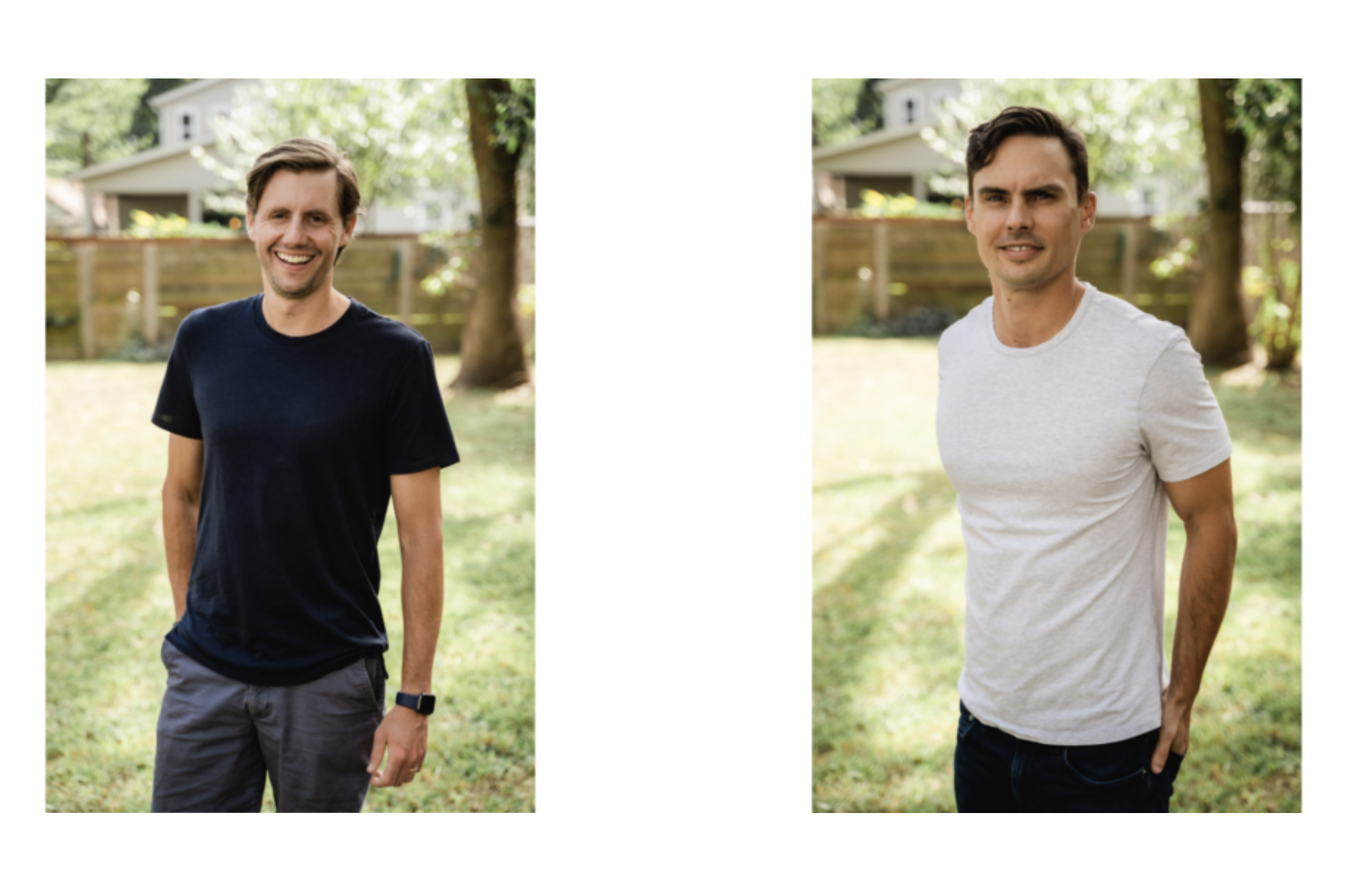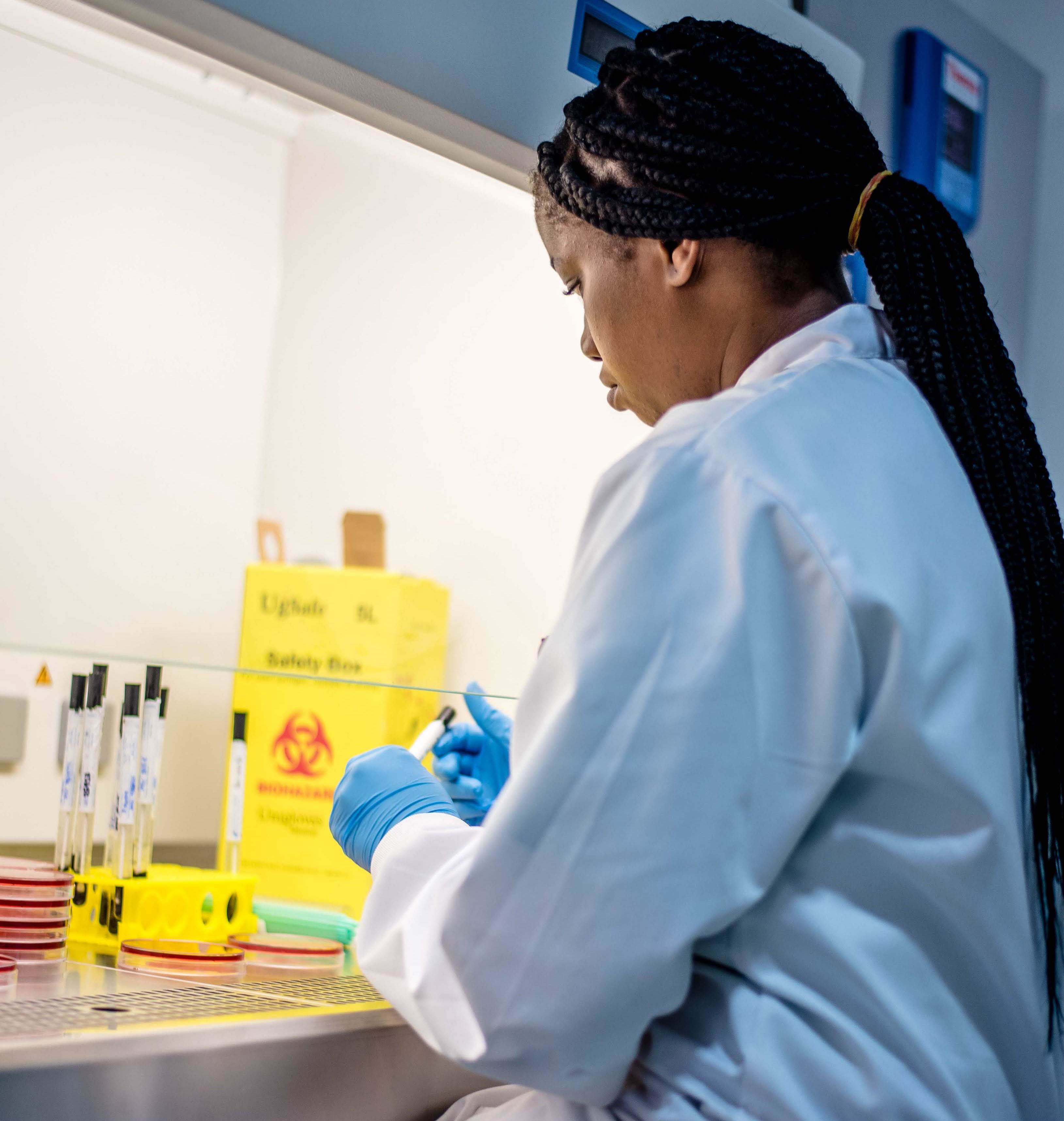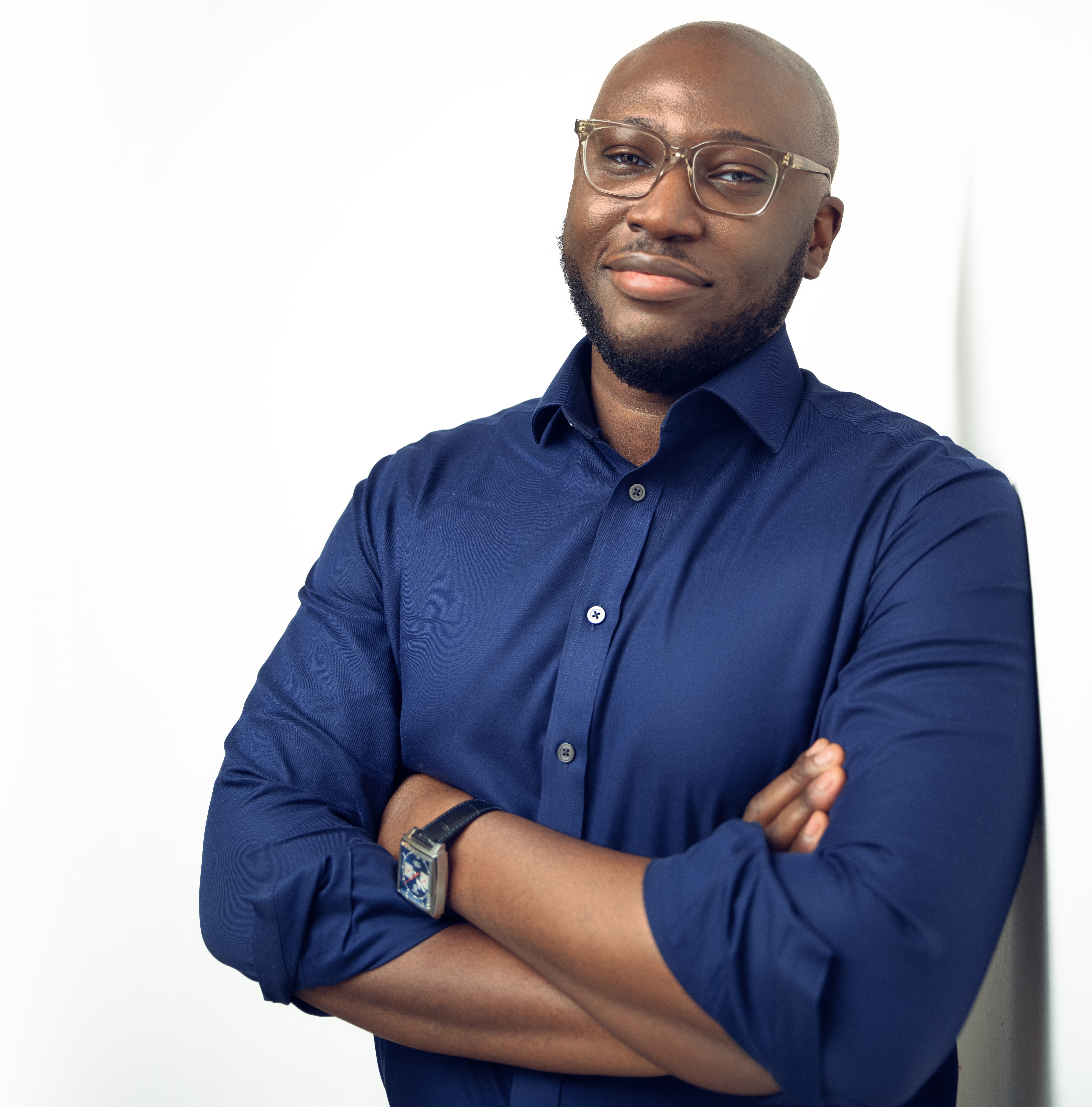It’s been a strange couple of months at African genomics startup 54gene. In August, it sacked 95 employees, mostly contract staff (in labs and sales departments) hired to work in 54gene’s COVID business line launched in 2020. In September, co-founder and VP of Engineering Ogochukwu Francis Osifo left the company. And this week, founder and now ex-CEO Dr. Abasi Ene-Obong stepped down from his executive role to be replaced by General Counsel Teresia L. Bost.
This news coincided with more job cuts. The company confirmed to TechCrunch that this second round of layoffs, which took place on Tuesday, affected over 100 staff: 55% of the total workforce remaining after the first round of layoffs. The biotech didn’t specify what roles and departments got trimmed.
The Washington- and Lagos-based genomics startup has been considered the showpiece of Africa’s fledging biotech space since it got into Y Combinator in 2019. But while 54gene launched to address the gap in the global genomics market, where Africans make up less than 3% of genetic material used in pharmaceutical research, its growth in 2020 overlapped elsewhere, with the COVID-19 pandemic, and it hired aggressively to meet the demands of being one of Nigeria’s largest providers of COVID testing.
Its preparedness to meet this opportunity with its clinical diagnostic arm was also a catalyst to increasing its revenue and raising two huge growth rounds in quick succession: a $15 million Series A that year and a $25 million Series B in 2021 from investors such as New York-based Adjuvant Capital, Pan-African firm Cathay AfricInvest Innovation Fund (CAIF), KdT Ventures and Endeavor Catalyst.
Yet, 2022 will be a year to forget for the biotech startup. Not only has its revenues dwindled and laid off almost 200 employees, but the company’s value has also been significantly trimmed in a period when startups’ valuations are taking a beating. According to people with knowledge of the matter, 54gene’s valuation has dropped by two-thirds, from the $170 million secured when it raised its Series B to about $50 million in a bridge round involving lead investors from the company’s board.
Sources also said the down round closed at a 3x to 4x liquidation preference, meaning that investors — typically the lead investor — would be paid back triple or quadruple their money before other stakeholders, including other investors, founders and employees in the case of an exit. These terms, which shift power back to investors, were rare during the venture capital boom between mid-2020 and last year but are now commonplace in this fundraising environment.
54gene didn’t confirm or deny the premise of this deal. Still, it stated in an email response: “The existing investors injected fresh capital into the company at terms that reflect current market conditions. We hope this round not only supports the company through this challenging period but also positions it for success in the future — whether it be to raise additional capital, attract strategic partners, or another future path.”
Often, liquidation preferences signal that investors want to protect themselves if a growth-stage portfolio company exits at a value lower than initially expected. In some cases, the investors believe that the startup might struggle to produce a solid exit due to underlying challenges affecting its business.
When the company’s first layoff news broke, allegations of financial impropriety were leveled against the then-CEO and his executives from a group of employees. And though they remain unfounded, these accusations have come to light again following Ene-Obong’s resignation. Affected employees — who claim they haven’t received their severance packages and spoke to TechCrunch on the condition of anonymity — unsubstantially blame 54gene’s current troubles on irresponsible hiring, questionable expansion drives and misappropriation of funds. The YC-backed biotech didn’t respond to TechCrunch’s request for comments about its former executives’ alleged mismanagement of funds and employees’ unpaid severance packages.
54gene’s tight-lippedness on the matter and Bost’s appointment from her legal role to interim CEO arbitrarily raises questions and leaves room for interpretation tilting toward these accusations, especially as both co-founders resigned a few weeks apart. However, in an email to TechCrunch, the company subtly counterargues that Osifo’s resignation had been in process for some time and was unrelated to this month’s activities, while Bost, hired last September, was what 54gene needed — with support from COO Delali Attipoe — for its next phase.
“Teresia is a well-rounded executive with a depth of experience in the global pharmaceutical and biotech industry, leading global teams and overseeing corporate governance,” the company said. “These skills, coupled with her breadth of experience driving business operations and translating complex regulatory requirements, will be invaluable at the helm of 54gene in this next phase of the company. Delali and Teresia will make a great team that together will strengthen 54gene’s position as a genomics leader in the industry.”
Meanwhile, 54gene stated that its ex-chief executive “will continue to support the company in its go-forward plans such as strategic partnerships and fundraising” without explaining why he stepped down.
However, according to several people with knowledge of happenings at the company, the terms of 54gene’s new deal contributed to Ene-Obong’s resignation. They say Ene-Obong — retaining his position on 54gene’s board while moving to a new senior advisor role — may have resigned as CEO in protest of 54gene’s new valuation and the liquidation preference offered by investors in the bridge round. There is some speculation that some of the investors also attempted to reprise the company’s previous prized round to get more shares while diluting that of the founders and other investors. 54gene declined to comment on the matter.
The fact that 54gene had to arrange a bridge round in-house despite securing over $45 million over the last three years is a reminder that biotech projects are highly capital-intensive — for instance, it costs about $700 to sequence a human genome (one of 54gene’s main procedures). Typically, biotechs deploy investors’ funds into research while thinking about revenue later and the case isn’t different with 54gene. Still, the manner in which the genome startup is aggressively cutting costs by laying off staff in two batches– and shutting down its clinical diagnostic arm — is somewhat troubling despite the obvious effects of the pandemic. This current crisis, coupled with the arduous task ahead of the company, has also led many tech observers to wonder if its present and past executives can keep the moonshot project afloat long enough to generate substantial revenue, let alone build a solid business.
54gene valuation slashed by over $100M amid job cuts and CEO exit by Tage Kene-Okafor originally published on TechCrunch




